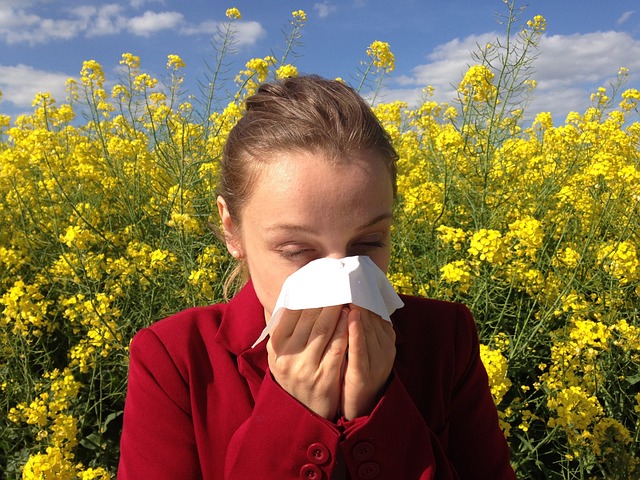
Can you please write an article on Seasonal allergies Symptoms, Causes, and Treatments
Seasonal allergies, also known as hay fever or allergic rhinitis, are a common problem for many people. These allergies are caused by an overreaction of the immune system to certain substances, such as pollen, that are typically present in the air during certain times of the year.
Symptoms of seasonal allergies can include:
Sneezing and runny or stuffy nose
Itchy, watery eyes
Scratchy throat and coughing
Headache and fatigue
Dark circles under the eyes
The best way to prevent seasonal allergy symptoms is to avoid exposure to the substances that cause them. However, this is not always possible, so many people turn to medications and other treatments to relieve their symptoms.
Over-the-counter antihistamines, such as loratadine and cetirizine, are often effective at relieving the symptoms of seasonal allergies. Decongestants, such as pseudoephedrine, can also be helpful for relieving a stuffy nose.
In some cases, a doctor may prescribe a stronger medication, such as an inhaled corticosteroid, to control more severe symptoms. Allergy shots (immunotherapy) may also be recommended for people who have severe allergies and do not respond well to other treatments.
In addition to medication, there are several other steps that people with seasonal allergies can take to relieve their symptoms:
Keep windows closed and use air conditioning to filter the air inside your home
Avoid outdoor activities, especially on high-pollen days
Wear a mask when mowing the lawn or doing other outdoor activities that can stir up allergens
Shower and wash your hair before going to bed to remove allergens from your skin and hair
Use a saline nasal spray to rinse allergens from your nasal passages
Seasonal allergies can be a nuisance, but with the right combination of prevention and treatment, most people can find relief from their symptoms. If your symptoms persist or are severe, it is a good idea to see a doctor for further evaluation and treatment.

